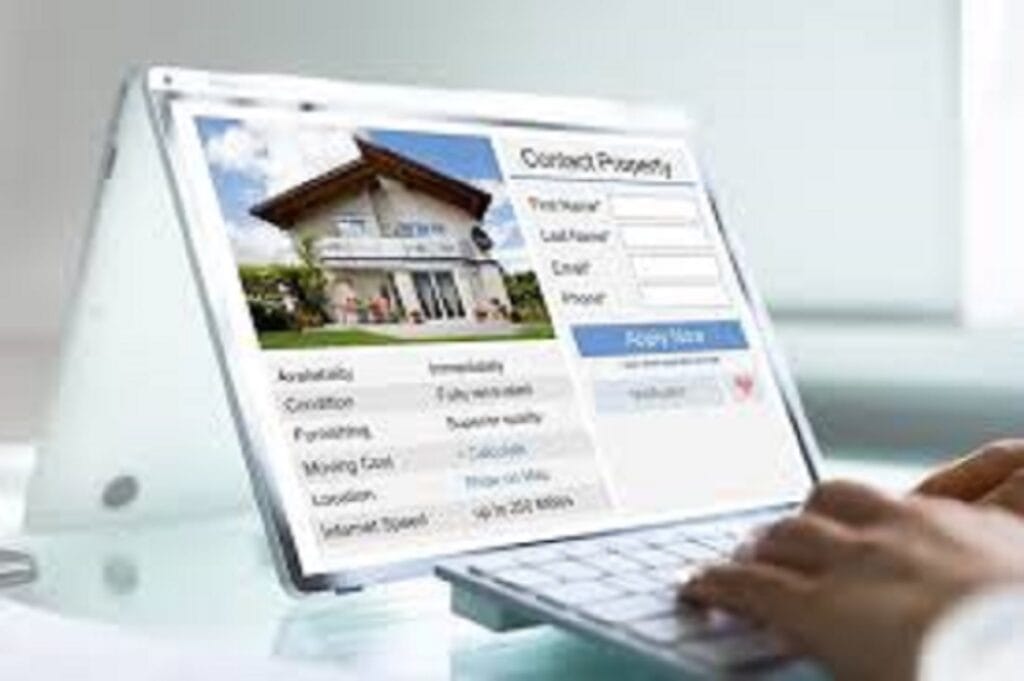In the ever-evolving world of real estate, collaboration and trust are foundational to success. Referral marketing—where professionals recommend services or agents to their networks—has proven to be a powerful driver of growth. When embedded within Multiple Listing Services (MLS), referral marketing leverages agent networks and data-driven insights to create a dynamic, high-conversion lead generation ecosystem.
Overview
Referral marketing in MLS is a structured approach to generating real estate leads through trusted relationships and professional endorsements. Rather than relying solely on cold outreach or digital ads, agents can increase business by building networks, sharing client opportunities, and receiving rewards for successful referrals. MLS platforms play a key role in organizing, tracking, and amplifying these referral systems.
The Meaning of the MLS Concept
The MLS is a digital system used by real estate professionals to share property listings, coordinate showings, and conduct cooperative transactions. With referral marketing, MLSs can be transformed into collaborative ecosystems where referrals become as valuable as listings.
Training Courses for MLS
Many MLSs now incorporate referral strategy training in their professional development courses. These sessions teach agents how to build referral networks, create value propositions, and comply with relevant regulations.
Certification for MLS Agents
Certifications like the Certified Residential Specialist (CRS) or e-PRO credential can enhance an agent’s visibility and appeal within referral networks. Certified agents are more likely to receive referrals through MLS-based matchmaking tools.
MLS Agent Onboarding Processes
Referral readiness is becoming a part of agent onboarding. MLS platforms often include tutorials on how to accept, manage, and track referrals, enabling new users to contribute to the community from day one.
Optimizing MLS Listings
Agents who optimize their listings with high-resolution images, keyword-rich descriptions, and virtual tours are more likely to receive referrals. Referral partners want to send clients to professionals who provide top-tier service.
Artificial Intelligence in MLS
AI algorithms are increasingly used to match referral leads to the best-suited agents based on criteria like geographic specialization, transaction history, and customer reviews. AI enhances accuracy and speeds up the referral process.
Analytics in MLS
MLS analytics help agents track referral metrics, including source, conversion rate, and ROI. These insights are crucial for evaluating the success of referral marketing strategies.
Economic Impact Analysis in MLS
Referral marketing adds economic value by reducing acquisition costs and shortening transaction timelines. MLS-based analysis tools can demonstrate how referrals drive more efficient sales cycles and agent profitability.
MLS Data Quality Management
Accurate data is the backbone of effective referral systems. MLS platforms reward agents for maintaining complete profiles and up-to-date contact information, ensuring referrals reach the right professionals.
MLS Data Security Standards
Handling client data in referral transactions requires strict adherence to data security protocols. MLS platforms must comply with privacy regulations to protect sensitive information and maintain trust.
Fix and Flip in MLS
Referral networks within MLS can connect fix-and-flip investors with agents who specialize in undervalued properties. Successful partnerships often begin with a trusted referral and lead to long-term collaborations.
MLS Property Valuation Tools
Valuation tools within MLS platforms can help referrers validate the price and investment potential of properties, offering confidence in their recommendations.
How to Use MLS to Build a Rent-to-Own Portfolio
Referral marketing connects investors seeking rent-to-own opportunities with agents who specialize in those deals. MLS integrations help track these referrals and streamline investor-agent matching.
Using MLS to Source Lease Option Opportunities
Lease options often require specific seller flexibility. MLS platforms can highlight such listings and enable agents to refer clients directly to specialists in lease option strategies.
MLS Lead
An MLS lead can originate from a referral, an online listing view, or an inbound contact form. Referral marketing systems prioritize leads by relationship quality and match them with the most appropriate agents.
Referral Marketing in MLS
Referral marketing in MLS is powered by agent-to-agent collaboration. Agents can refer clients across markets and earn a commission or reciprocal referrals. MLS platforms may support this through referral dashboards, smart contracts, and performance tracking. Successful systems foster loyalty, boost conversions, and elevate service quality by encouraging vetted partnerships.

Digital Marketing for MLS
MLS-integrated referral links can be embedded in digital marketing campaigns. This allows agents to share listings while tracking referral traffic and attribution, merging brand exposure with lead generation.
MLS Email Marketing Integrations
Referral invitations and lead-sharing templates can be integrated into MLS email systems. Agents can invite colleagues to co-market listings or refer niche clients, fostering collaboration.
Social Media Integration in MLS
Referral programs benefit from social sharing. MLS tools allow agents to publish referral requests or success stories on platforms like Facebook, LinkedIn, and Instagram, driving visibility.
Machine Learning Models for MLS
Machine learning helps forecast which agents are most likely to succeed with a referral based on historical performance, behavior, and client type, helping MLS administrators optimize matchmaking.
Renewable Energy Integration in MLS
MLS listings that feature solar panels or green certifications are appealing to certain clients. Referral marketing ensures these buyers connect with agents who understand renewable energy value propositions.
Process Improvement in MLS
Referrals streamline sales processes by connecting clients to appropriate professionals faster. MLS platforms continuously refine how referrals are tracked, shared, and closed.
Innovation Hubs in MLS
MLS innovation hubs often include referral engines that test new lead generation models, performance incentives, and mobile tools that enable real-time referral transactions.
MLS Review and Reputation Systems
Agent reviews influence referral success. MLS platforms with robust reputation systems encourage quality service, as top-rated agents are more likely to receive ongoing referrals.
Venture Capital Investments in MLS
VC-backed MLS platforms often introduce referral marketing features early to promote rapid adoption and network growth. These tools help platforms scale user engagement efficiently.
MLS Market Trend Predictive Modeling
Predictive modeling helps agents identify emerging markets. Referral marketing tools can flag agents in hot zones and prompt outbound referrals based on trend data.
Monthly Tracking of ROI Using MLS Listings
ROI dashboards within MLS platforms now include referral metrics—tracking how much revenue came from referral deals and what client lifetime value they generated.
MLS Operational Efficiency Solutions
Referral automation tools reduce administrative burden by handling notifications, updates, and feedback requests. These integrations help agents focus on client service.
MLS Platforms
Popular MLS platforms like Bright MLS, CRMLS, and HAR have integrated referral tools that allow agents to find peers by expertise, send leads securely, and track outcomes.
MLS Professional Development
Referral strategy is now part of continuing education for MLS agents. Workshops and webinars help agents identify referral partners and create ongoing pipelines.
The Power of Local Knowledge
Referrals thrive on hyperlocal expertise. MLS platforms help identify agents with specific neighborhood experience, increasing deal success and client satisfaction.
The Power of a Trusted Team
Referral programs succeed when built on mutual trust. Teams that support each other with honest feedback and timely follow-ups earn more repeat business.
Protection of Investment
Referrals help ensure clients are placed in capable hands. Clear contracts, shared platforms, and professional standards protect all parties in a referral transaction.
Frequently Asked Questions
How do referrals work in MLS?
Agents refer clients through MLS portals, where the receiving agent accepts and tracks the referral through closing.
Can I earn income from referrals without selling a home?
Yes. Agents can earn referral fees for sending leads that close, even if they’re not directly involved in the sale.
Are referral fees standard?
Referral fees vary, but 20-30% of the buyer’s agent commission is common.
Do MLS platforms support out-of-state referrals?
Many MLSs enable referrals across states and offer matching tools to find qualified agents nationwide.
Referral marketing in MLS platforms is more than a lead generation tactic—it’s a strategy grounded in relationships, trust, and platform-enabled efficiency. By integrating smart matching tools, AI-driven recommendations, and robust analytics, MLSs empower agents to expand their business through referrals while delivering superior service to clients. As the real estate landscape becomes more interconnected, the value of referral marketing in MLS will only continue to grow.










